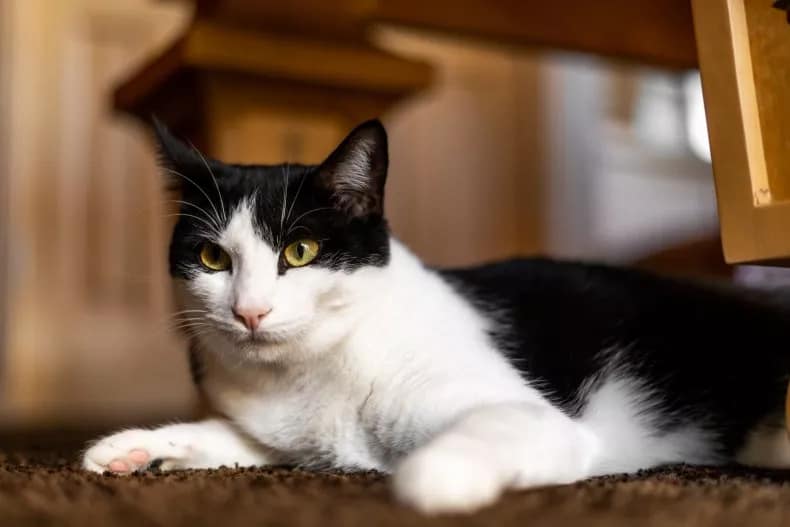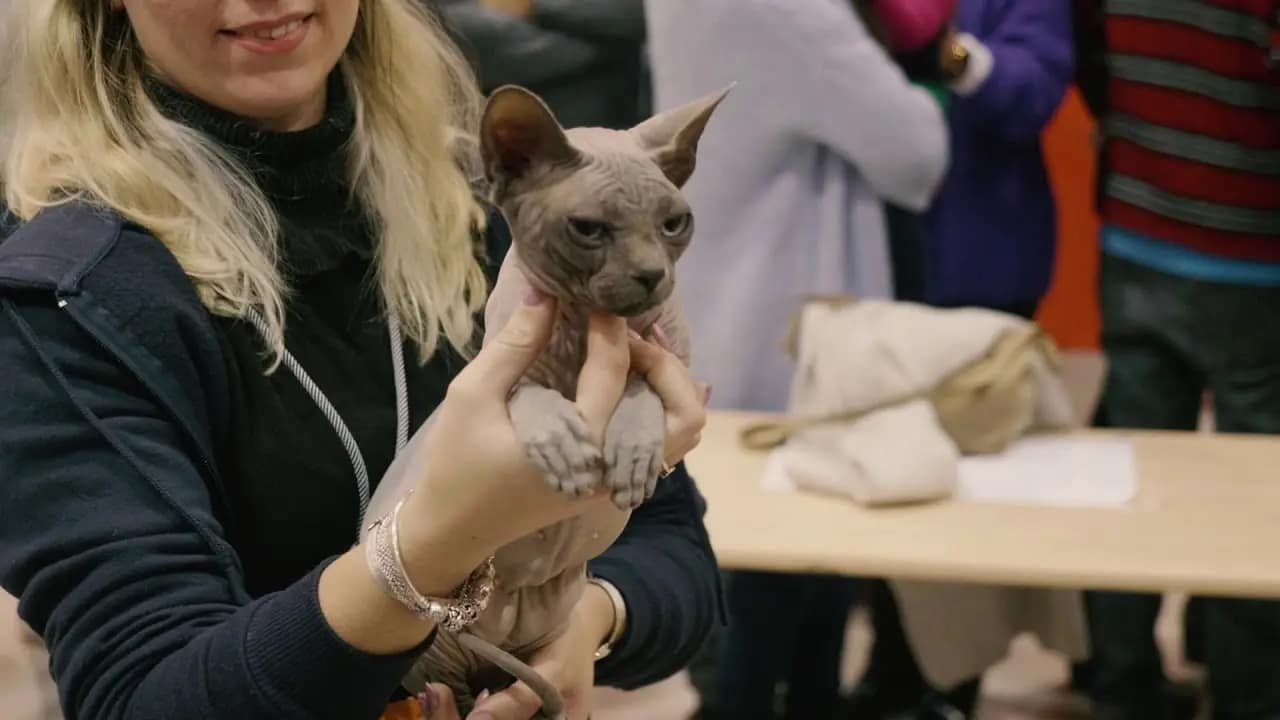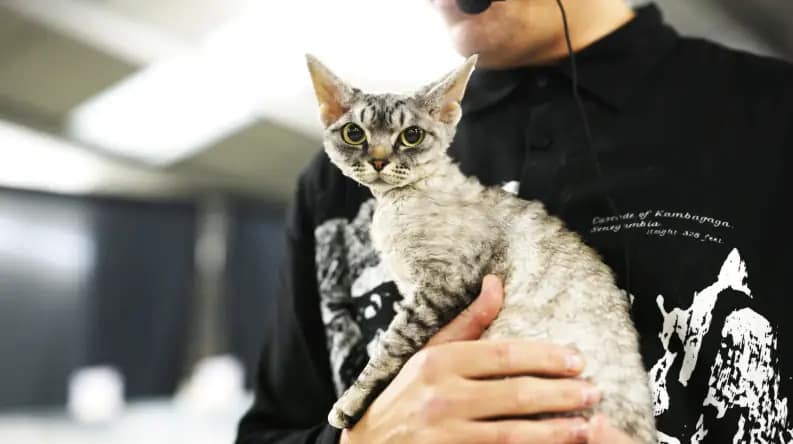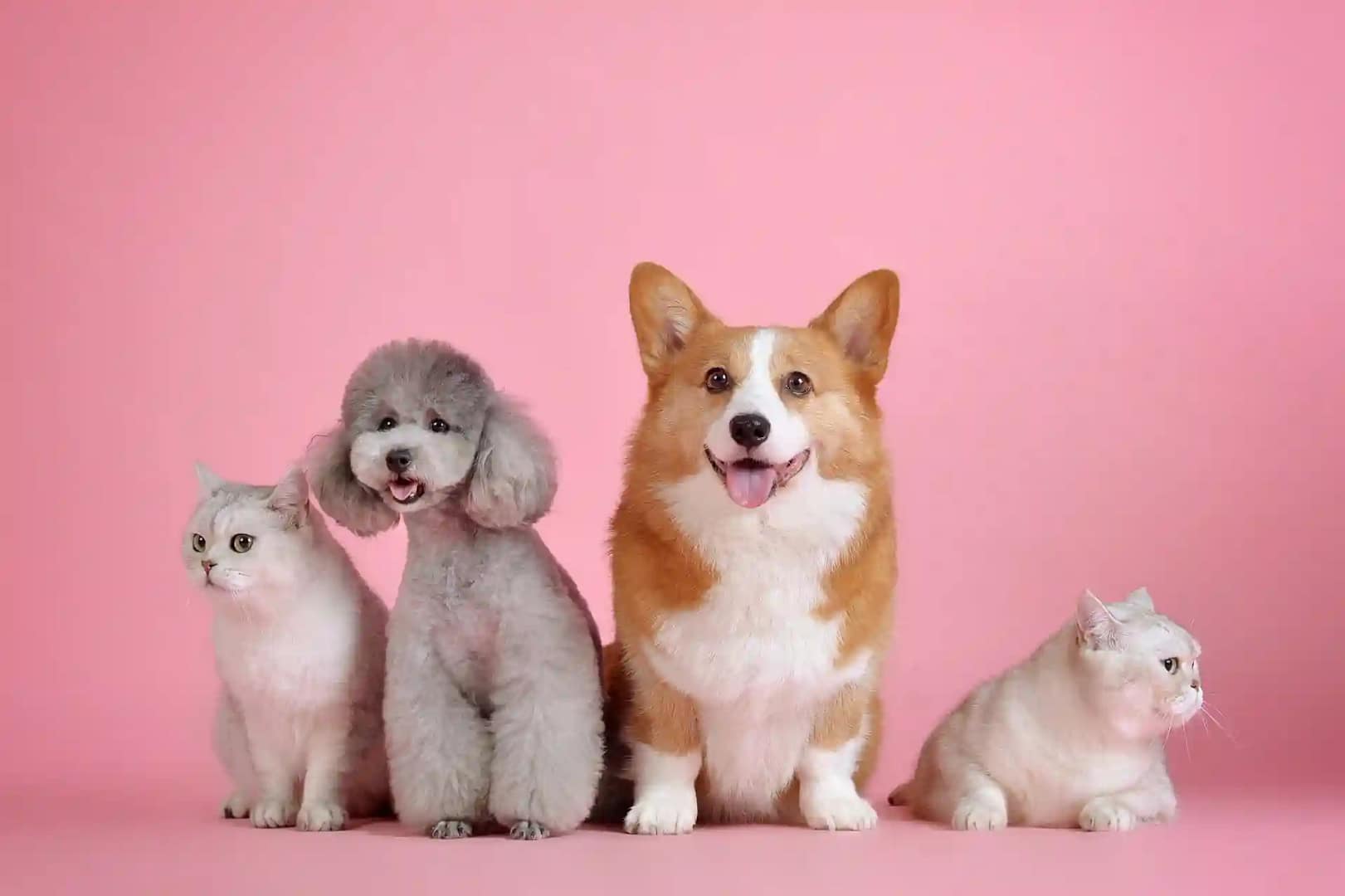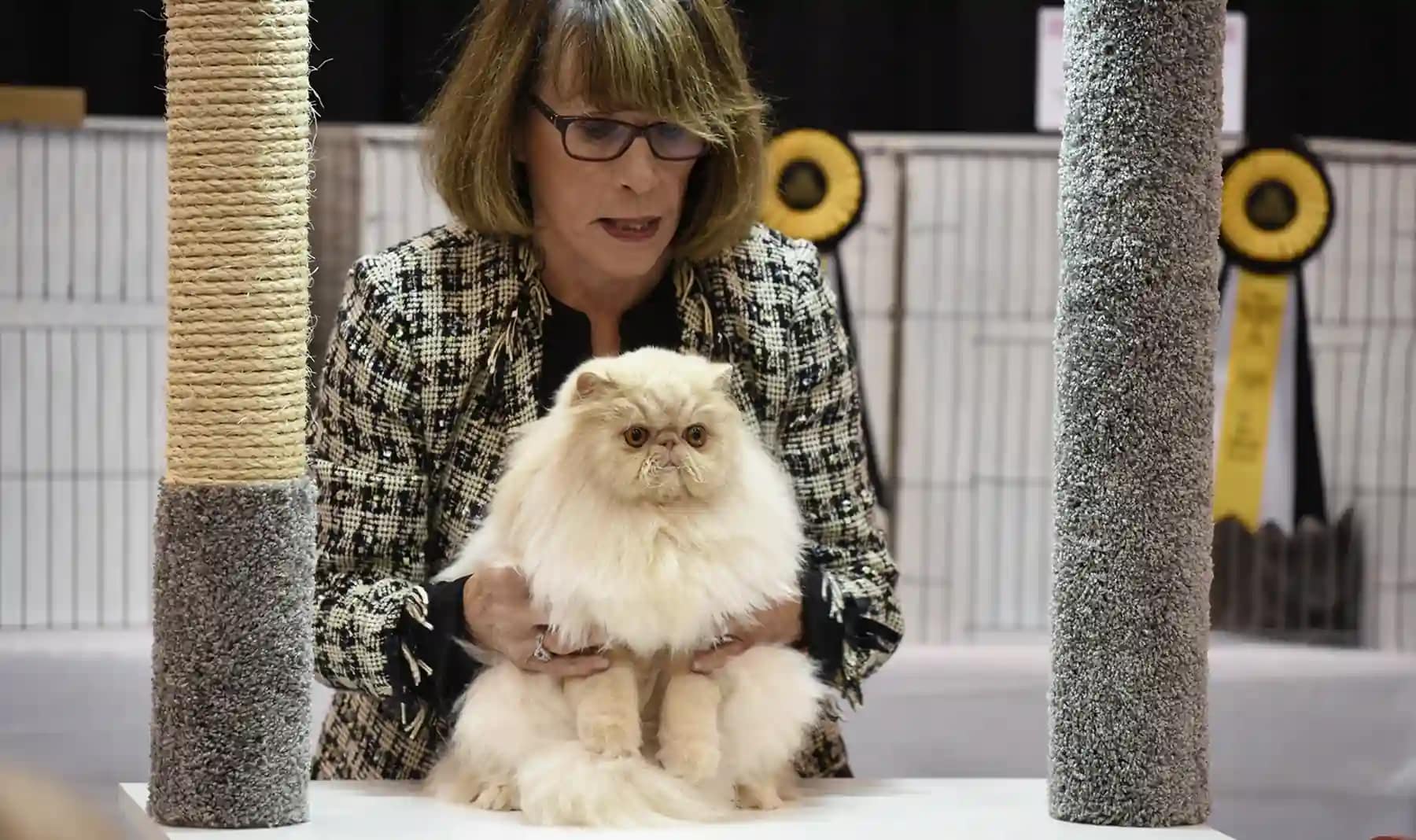Die zärtliche Reaktion eines trauernden Katers auf die Asche seiner verstorbenen Schwester hat Millionen von Zuschauern zu Tränen gerührt und beweist einmal mehr, wie sehr Katzen mit den Menschen, die sie lieben, verbunden sind.
Ein viraler Moment der Katzentrauer
Der Clip, der von TikTok-Nutzer @layla_kelsey am 17. August, hat bereits die 4,1 Millionen Aufrufe und Tausende von herzlichen Kommentaren.
In dem Video nähert sich ein schwarz-weißer Kater einem Pappkarton auf dem Teppich - dem Behälter mit der Asche seiner verstorbenen Schwester. Er schnüffelt vorsichtig daran, bevor er sich daneben legt, fast so, als würde er ihre Anwesenheit bewachen oder trösten.
Das letzte Bild zeigt ein Foto der beiden Katzen, die Seite an Seite auf einem Bett liegen, mit der Bildunterschrift: "Wir vermissen dich, Gabzyyy."
Die Zuschauer überschlugen sich in den Kommentaren, und viele waren überzeugt, dass die überlebende Katze genau wusste, was in der Schachtel war. Ein Nutzer schrieb: "Ich rieche dich, aber warum kann ich dich nicht sehen?" Ein anderer teilte: "Mein Kater leckte ständig an der Kiste, in der sein Bruder war. Ich habe das Gefühl, sie wusste es."
Trauern Katzen?
Obwohl es verlockend ist, Trauer als etwas ausschließlich Menschliches zu betrachten, bestätigen Tierärzte, dass Katzen den Verlust von Gefährten betrauern können und tun.
Laut einem Artikel aus VCA TierklinikenWenn eine Katze einen Gefährten verliert - egal, ob es sich um eine Katze oder einen Menschen handelt - kann sie Anzeichen von Trauer zeigen, z. B:
- Appetitlosigkeit
- Mehr Schlaf als gewöhnlich oder Schlaflosigkeit
- Veränderungen der bevorzugten Schlafplätze
- Unterschiede in der Lautäußerung (manche miauen mehr, andere verstummen)
A 1996 ASPCA-Studie festgestellt, dass 46% der Katzen fraßen weniger, nachdem sie einen Katzengefährten verloren hattenund viele wiesen andere Verhaltensänderungen auf.
Tierärzte weisen darauf hin, dass Katzen den Tod nicht unbedingt als dauerhaft verstehen. Manche scheinen geduldig zu warten, als ob sie die Rückkehr ihres Freundes erwarten würden. Andere wiederum spiegeln einfach die Traurigkeit der trauernden Menschen im Haus wider.
Das Internet antwortet mit Mitgefühl
Das virale Video hat Tierliebhaber zutiefst berührt. Viele von ihnen teilten ihre eigenen Erfahrungen mit trauernden Katzen:
- "Mein Kater leckte ständig an der Kiste, in der sein Bruder war."
- "Sie ist nie gegangen. Sie wird immer seine Schwester und dein Baby sein."
- "Das ist nicht fair, armes Baby."
Andere drängten einfach auf Trost für die überlebende Katze: "Omg, nimm das Kätzchen und knuddel es, bitte."
Mitbringsel für Tiereltern
Katzen vergießen vielleicht keine Tränen, aber sie zeigen ihre Trauer auf stille, kraftvolle Weise. Wenn Ihre Katze einen Gefährten verloren hat:
- Routinen beibehalten um Stabilität zu gewährleisten.
- Komfort bieten durch Spiel, Berührung und besondere Aufmerksamkeit.
- Gesundheit überwachen-eine trauernde Katze, die nicht mehr frisst oder sich zurückzieht, braucht möglicherweise tierärztliche Unterstützung.
Sowohl für Menschen als auch für Haustiere kann die gemeinsame Trauer Heilung bringen - und die Liebe stärken, die auch nach dem Verlust weiterbesteht.
FAQ
F: Wie kann ich meiner Katze helfen, den Verlust eines anderen Haustiers zu verkraften?
Achten Sie auf einen geregelten Tagesablauf, schenken Sie den Tieren besondere Aufmerksamkeit und bieten Sie ihnen Abwechslung. In manchen Fällen können Pheromondiffusoren oder Beruhigungsmittel helfen.
F: Sollte ich mir sofort eine weitere Katze zulegen, wenn eine gestorben ist?
Nicht unbedingt. Manche Katzen brauchen Zeit, um sich anzupassen. Wenn Sie eine neue Katze zu früh einführen, kann das zusätzlichen Stress verursachen.
F: Können Katzen den Tod verstehen?
Katzen verstehen den Tod wahrscheinlich nicht auf dieselbe Weise wie Menschen, aber sie erkennen Abwesenheit und Veränderung, was zu Verhaltensweisen führt, die der Trauer ähneln.

